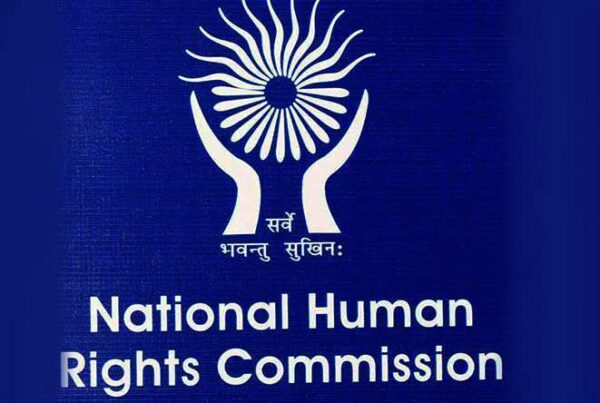Each year on July 25, people observe World Embryologist Day, which celebrates the birth of Louise Brown, the first test tube baby ever, in 1978.
As men and women both contribute equally to childbirth and pregnancy, Dr Monica Gupta wants to emphasise the significance of evaluating men during consultations for fertility concerns on this World IVF Day, which is observed on July 25th of each year to commemorate the birth of the first IVF baby.
“Due to social conventions that place the burden of fertility on women and men’s reluctance to acknowledge their own role as causes of subfertility, males are mostly disregarded at the initial fertility consultation. According to recent studies 40% of infertility cases are related to men, 40% to women and 20% to both sexes,” she said.
Semen analysis is the most crucial test for evaluating males since it is easy to do and may quickly reveal problems in sperm motility, quantity, and shape. A complete lack of sperm (azoospermia) accounts for 10% of all cases of male infertility and necessitates the use of assisted reproductive technology (ART) in order to conceive. Seventy to eighty percent of male infertility cases are caused by oligo-astheno-teratozoospermia (OATS), a reduction in sperm motility, quantity, and shape.

“The causes for the rise in OATS cases in eastern India and Odisha include the hot weather, tobacco use, alcohol addiction, the quality of the water in coastal areas, and the fact that more men are employed in industries that require high temperatures or mining. Ten to twenty percent of male infertility cases are caused by sexual dysfunction, and this frequency is rising internationally as a result of changes in lifestyle including excessive use of social media, less partner interaction, insufficient sleep at night, pressure from the workplace, and obesity. The treatment of infertility has been transformed by ART/IVF, with pregnancy rates of 30–40% with IVF/ICSI needed for the majority of patients with male factor infertility”, she added.
However, the most crucial first recommendation for couples considering a pregnancy is to have a healthy lifestyle that includes eating a diet high in fruits and vegetables, exercising moderately, abstaining from alcohol and tobacco, and using laptops and mobile phones less frequently. A young couple should seek comprehensive examination and therapy from a gynaecologist who specialises in Reproductive Medicine if they are unable to conceive after a year of trying.
This article is written by Dr Monica Gupta, Consultant OBG, Manipal Hospitals BBSR
MD OBG (AIIMS, Delhi), DM Reproductive Medicine (AIIMS, Delhi), MRCOG (London, UK)
Specialist in Infertility, IVF and Laparoscopic surgery




